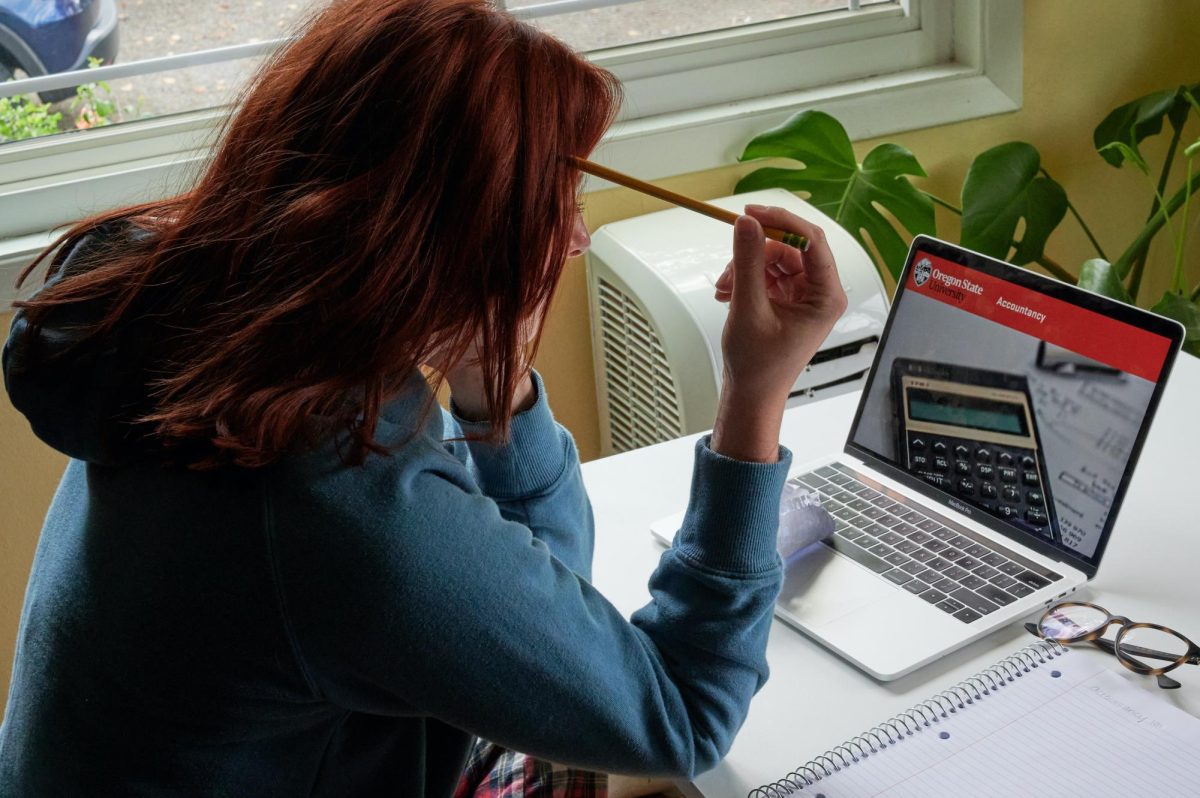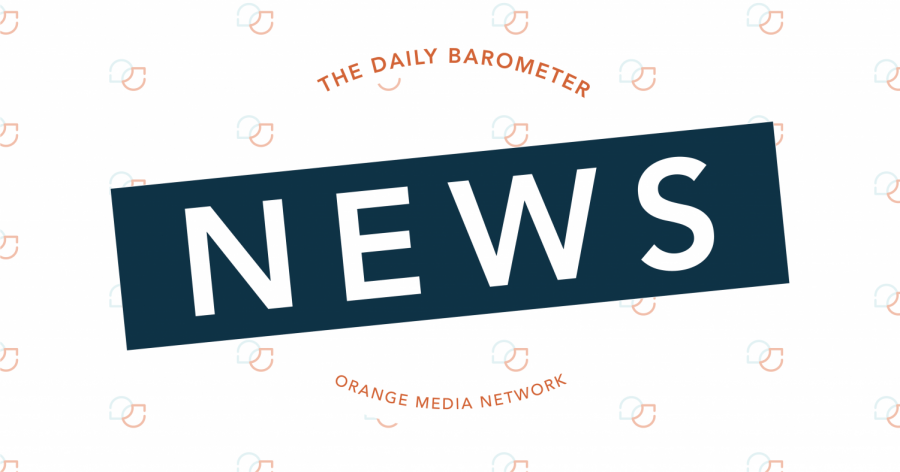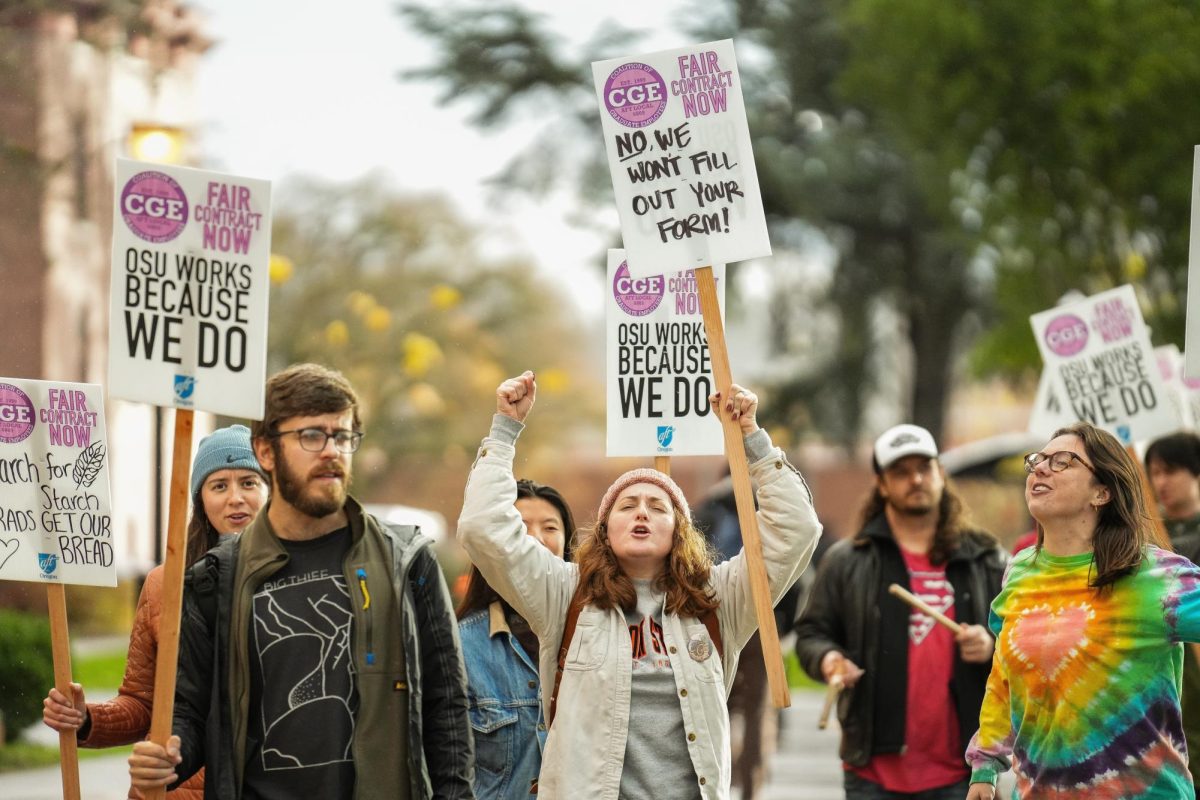With many starting school this fall or continuing another term on campus, sometimes things are not so pretty and you start to doubt if your major is really for you.
This was the case for senior Nathan Berres, who switched majors from computer science to industrial engineering as a freshman.
Berres is not alone in having a changed major, and there are a variety of resources to help those on campus facing the same decision.
“I started out in computer science for my first two terms at OSU and the computer science specific classes made me feel … not interested and … not motivated to continue learning this material for four years,” Berres said.
Berres came to the conclusion that it was time to change to something that “fit his liking more.”
He was looking for something that used what he most liked academically and would provide a good salary and job outlook, eventually landing on industrial engineering.
He went to his advisor to make this all possible. He explained that he wanted to switch and they helped him right there and then.
“The most essential part of this was having my advisor help me set up my next term with the classes I should be taking for the major I switched to,” Berres said. “I came out of the advisor meeting letting them know I wanted to change so much happier and excited and that’s how I knew I made the right choice.”
Advisors are essential when changing majors, but they are not your only resource. The Career Development Center also offers help to those in doubting their current focus of study.
The CDC is located at Kerr A110 and there are both drop in and pre-scheduled appointments. Hours for drop-ins during the fall are Monday through Friday, 9 a.m. to 4 p.m.
Jen Rouse, director of marketing & communications at the CDC, said you can either meet with career advisors, who are professional staff members, or you can work with career assistants, student workers trained to help peers on all sorts of career related issues.
Rouse also mentioned that for an appointment related to exploring majors or career paths, the CDC recommends scheduling with a career advisor.
Erich White, assistant director of career education at the CDC, says that the first thing one can expect is a friendly welcome from a career assistant.
When it comes to the exploration itself, White said assistants might walk a visitor through an assessment they use, the Focus 2 online assessment, or can assist in setting up the appointment with a career advisor.
“You can expect a conversation about the visitor’s end goals, what kinds of problems or questions are interesting to them, and different ways to think about their own values and how those might relate to different career choices,” White said about the career advising appointment.
White added that while staff will not provide students the answer, they can assist white they explore a change.
“The major you select while in college does not necessarily lock you into just one job for the rest of your life,” Rouse said. “Your major is a stepping stone to your first job, but you will most likely continue to grow your professional skills and have different roles throughout your life as you get more experience and learn more about what types of jobs really interest you.”
White’s advice is to set aside questions about a specific major, and consider what things in society and life are important to the student.
“Sometimes finding the right major is about finding one specific activity or profession you know you will enjoy, but other times it’s about figuring out what you want to spend your time making better, and then evaluating which majors will help you build the skills and knowledge to make that difference in the world,” White said.


















































































































